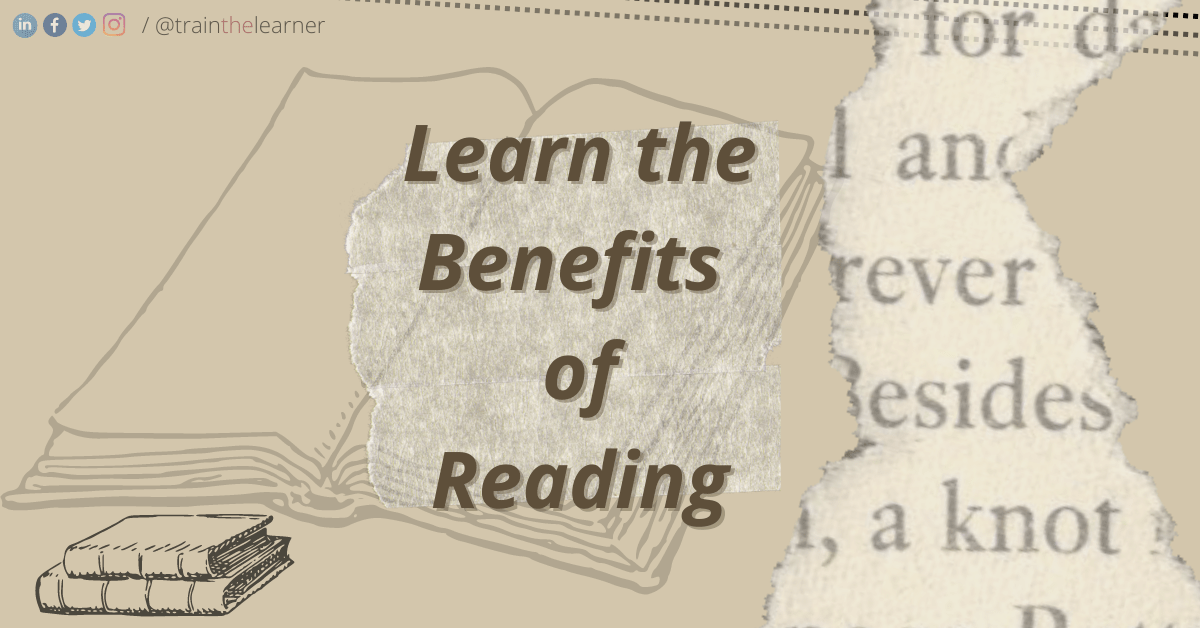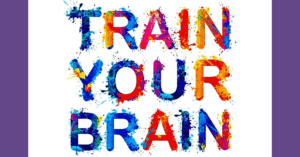There has been a sharp decline in reading in modern times during the 21st century. In a time before smartphones and the Internet, people used to read books. They read to study, learn, and sometimes discover current happenings.
For instance, people are starting to abandon books for video games and social media platforms. According to them, watching YouTube and scrolling through Facebook is much easier than reading many words. In doing so, they overlook numerous valuable benefits that will be invaluable in someone’s future life.
Short write-up -> “How the Reading Habit beneficiary?“
If reading is not a habit, one should start developing it for life-long benefits. Once a person knows the importance, focus shifts towards it. The top five (5) benefits of reading are:
- Reading Strengthens the brain and improves connectivity.
- Reading Advances the ability to empathize.
- Reading Increases focus and memory.
- Builds up the Vocabulary.
- Combating Stress.
1. Reading Strengthens the Brain and Improves Connectivity
Just like muscles, the brain needs exercise to keep itself in good shape. Research shows that reading elaborates networks and heightens connectivity, and different ways of brain training help in learning too. Moreover, the left temporal cortex shows an increase in connectivity. It is responsible for processing language and the central sulcus, which controls motor activity. Additionally, the connectivity can stay for several days afterward.
- Keeping this in mind building a reading habit at young age maximizes the benefits.
2. Reading Advances the Ability to Empathize
Everybody has his unique perception of the world. Empathy is the ability to look at a situation from another person’s point of view and understand their feelings. Reading increases empathy by letting the reader access each character’s distinctive perspective. Moreover, peering into their inner lives and exposing them to new interpretations of life.
To illustrate, an investigation by Emory University showed that the related neurons simulate when a character experiences sensations. Sensation like tasting food or feeling pain and grief. The stated experience allows the reader to undergo these sensations. It will also help them comprehend the character and connect them emotionally.
- Empathy is helpful in everyday life because it strengthens or creates relationships between people and helps to deal with them.
3. Reading Increases Focus and Memory
According to some studies, reading gives the parts associated with memory a good workout. The painting affects the brain differently, but reading also increases focus and memory.
Reading a book requires a person to remember the characters, complex plots, and also the story’s setting. In terms of novels, enormous amounts of facts in books with informational purposes is essential to understand. Consequently, this either leads to the creation of new synapses or the strengthening of old ones. A book demands complete focus and attention for someone to understand the story. Moreover, the book’s imaginary world requires a guide.
- The average person’s attention span is 8 seconds, less than required. Reading also builds up a person’s attention span, which is necessary nowadays.
4. Builds up the Vocabulary
A book often contains unfamiliar words and phrases, expanding the vocabulary. Studies have shown that heavy readers have many words they are familiar with and use. In conversations and daily life, vocabulary is the collection of known words. A good vocabulary is essential for effective communication and for a person to express himself adequately. A decent-sized one can even raise test scores and the chances of college admissions and job opportunities.
5. Combating Stress
Many people feel pressured physically and mentally by everyday life’s demanding expectations and responsibilities. They choose to unwind by doing activities like yoga or listening to music.
- Research proves that reading is the best option to relax and calm down.
For instance, reading for 6 minutes can reduce stress and heart rates by about 70 percent. A good book provides a well-needed break from the frustrating chaos of life. It also mesmerizes people with a fictional one, allowing them to break free of their fears and worries.
Conclusion
In short, the rewards for taking the time to sit down and read are many and valuable. Parents must focus on developing reading habits among young children. For a life-long impact, it is an excellent alternative to spending hours online. Furthermore, it exercises the brain, amplifies essential skills for maintaining relationships, and improves mental health.
Would you like to read books or not? Leave your thoughts below!
For short writeups on different topics, visit this section.
[This article is written by Muhammad Saad during Train the Learner’s four weeks Training Program as an Article Writer]




